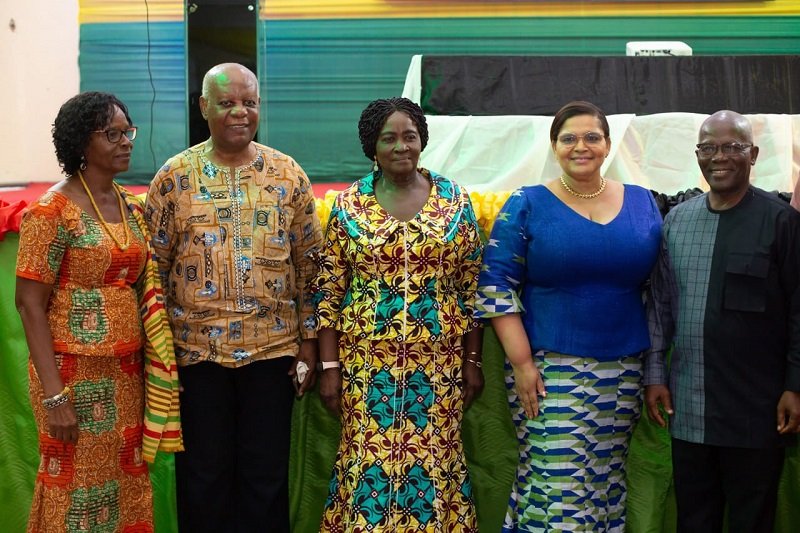ARTICLE AD
The President, Nana Addo Dankwa Akufo-Addo, has appealed to the African Union (AU) Commissioner for Political Affairs, Peace and Security and his team to redouble their efforts in finding lasting solution to the ongoing war in Sudan.
According to the President, there was no way the continent could talk about return to constitutionalism when violence continued to persist in parts of the continent.
“There is no way we can talk about return to constitutionalism without ending the violence that is ravaging the people of the country. I, thus, urge the commissioner for political affairs, peace and security and his team to redouble efforts to find a solution to the violence in Sudan which is generating considerable masters content and displacement,” he emphasised.
President Akufo-Addo made the appeal when he opened the Accra Reflection Forum II on Unconstitutional Changes of Government (UCG) in Africa in Accra yesterday.
The forum, which is a sequel to the Accra Forum I, was on theme: “Robust Response, Deepening Deomcracy, Sustainable Security”, and was attended by policy makers, think tanks, civil society organisations, and bilateral institutions.
In addition to finding lasting solution to the conflict in Sudan, President Akufo-Addo said urgent attention must be paid to the threat of breakaway from ECOWAS by some countries.
“The imminent threat to West Africa’s longstanding integration experience, the intellect nature of our security in all its dimensions means we need all hands on deck,” he said.
He said the continent could not afford disunity in the face of a common threat, as such all the relevant institutions must work to end the situation.
President Akufo-Addo said the Accra declaration expressed effectively the continent’s commitment to address comprehensively the underlying drivers of unconstitutional changes of government’s, particularly the aspects of governance deficits and the manipulation of democratic processes.
These drivers, he said, included tampering with electoral laws, constitutional provisions and term limits with the goal of benefitting at the expense of democratic norms and principles.
“It appeals to member states to respect their respective national constitutions, especially adherence to presidential term limits and to organise free, fair, transparent and credible elections in line with national laws and international laws as well as respecting the outcomes of election,” he added.
He said despite the Accra declaration and the Malabo decision affirming the continent’s collective commitment to the principle of zero tolerance for Coup d’ tats, it was a pity that one member state was bent on undermining the Accra Declaration and the collective stands on term extensions and unconstitutional changes of governments.
“Nonetheless, I am happy that Africa’s position on this matter in letter and spirit is unequivocal condemnation of any form of ascend to power that is outside constitutional provisions and inimical to democratic norms,” he said.
He said the situation of unconstitutional changes had worsened two years after the Accra Declaration and the Malabo Accord, stressing, “As we gather here, six member states have been suspended for the same reason. This is extraordinary occurence in our efforts to safeguard the ideals of democracy in Africa. What is more is that the characters in which the two coups occurred has created a geographical spread to which many refer to as the coup belt.”
On her part, the Chairperson of the AU Peace and Security Council, Emilia Mkusa, said the forum’s role in shaping effective responses to the evolving challenges facing African nations could not be overstated.
“By engaging a diverse range of stakeholders, including representatives from AU member states, regional economic communities, and civil society organisations, we can collectively develop strategies to prevent and address unconstitutional changes of government,” she said.
BY CLIFF EKUFUL

 1 year ago
72
1 year ago
72 

